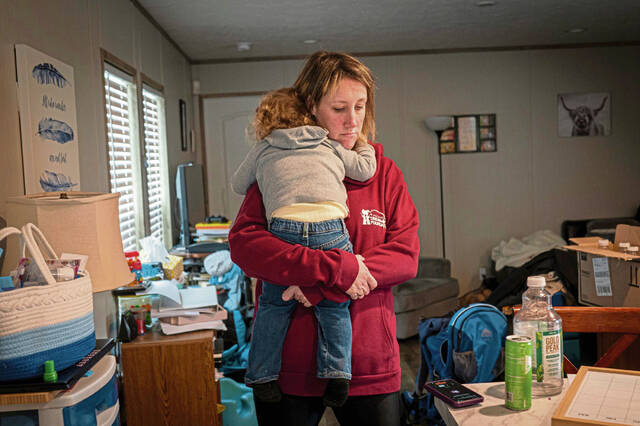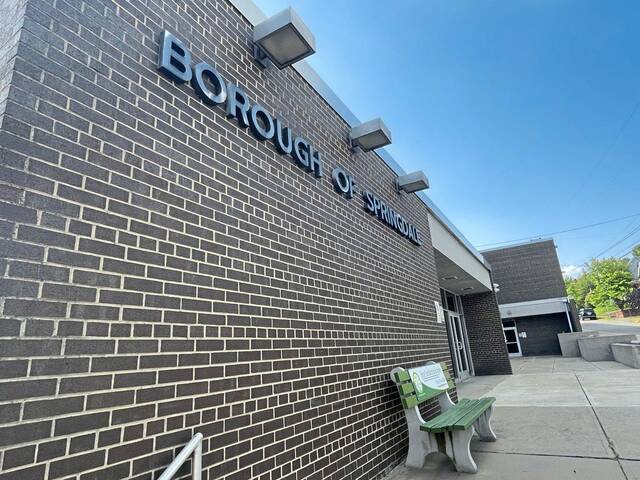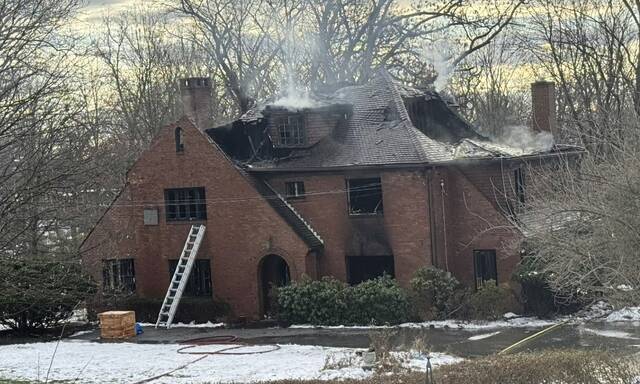A former Fox Chapel cardiologist convicted of health care fraud for falsely billing more than $13 million in specialized treatment his patients didn’t need asked for mercy at his sentencing Thursday.
Dr. Samirkumar J. Shah, who failed to show at his original sentencing hearing last month, and for whom the judge issued an arrest warrant, told the court he never intended to harm anyone and that his goal was always to treat sick patients.
“I’m really sorry. I’m sorry for what happened to me and to my mom and family,” Shah said. “I would like your mercy, your honor. I haven’t hurt a single patient.”
But U.S. District Judge David S. Cercone wasn’t buying it.
“Dr. Shah, when I hear you talk, I think you’re in an alternate universe,” the judge said.
He ordered Shah, 58, to serve 6½ years in prison, the suggested guideline range sentence, and pay $1.2 million in restitution.
In issuing the sentence, Cercone said he often gives defendants less than the recommended guideline range.
“No matter how hard I look, I cannot find a justification for a downward variance in this case,” Cercone said.
The judge then recounted some of the details of the case, which went to trial in 2019, and what led to the charges in the first place.
Shah was charged with submitting fraudulent insurance claims for five years, beginning in 2008, for External Counter Pulsation treatment, which was dubbed the “fountain of youth.”
The treatment — typically used for disabling chest pain caused by the heart muscle not getting enough oxygen-rich blood — uses a specialized bed with pressure cuffs on the patient’s lower extremities to increase blood flow.
Shah touted the treatments as helping make patients younger and smarter. He promoted it for a number of other conditions, including obesity, migraine and blood pressure.
Cercone sarcastically said, “You advertised these beds for everything — including an ingrown toenail.”
Assistant U.S. Attorney Eric G. Olshan urged the judge to sentence Shah to the standard range sentence, calling his conduct “egregious.”
“This was a case about this defendant’s greed and his putting that greed above the well-being of his patients,” Olshan said.
The prosecutor cited testimony at trial, including witnesses who described having adverse medical reactions to the treatment.
“He didn’t care,” he said. “He just wanted people on those beds.”
Olshan said Shah set out to be the “ECP king.”
But investigators said Shah had his employees fabricate patient files, double bill insurance companies and submit more than $13 million in fraudulent claims — leading to $3.5 million in reimbursement.
“He cared more about doctoring his patient files than doctoring his patients,” Olshan said.
Cercone told Shah many of his patients did not need the treatment, but he prescribed it to them anyway.
“You set out to be a czar in this industry. Your intent wasn’t to help all these patients,” the judge said. “Your intent was to make a fortune.”
Shah’s attorney, Joshua Lowther, asked the court to give his client a five-year prison term, noting he has no previous criminal record and that it’s likely he will never again be in a position to commit health care fraud.
Shah told the court he’d lost everything over the past eight years as the charges and case were pending.
He asked the court to give him probation or house arrest, arguing prison would put his health at risk.
But Cercone was not moved by his statement.
“Even as we sat here during this sentencing hearing, I still never heard any real remorse from the defendant,” Cercone said. “Nothing about the potential harm his conduct caused toward his many patients, as well as his fraud in an enormous amount against various insurance companies.”
After his sentence was imposed, Shah asked the court if he could have two weeks outside of custody before going to federal prison.
Cercone responded by citing the history of the case — and that he twice had to issue arrest warrants for the defendant. One was last month, when Shah failed to show for his sentencing. The other was on March, 22, 2017. According to court records, Shah did not appear for a hearing on his own attorney’s motion to withdraw from the case. Cercone then ordered Shah to appear at a hearing on his failure to appear a few weeks later, and the defendant did not show up to that hearing, either.
Eventually, he was arrested April 24, 2017, and held in custody until July 10 of that year, before again being granted bond.
Cercone denied the request.
“I don’t trust for one second that you would show up,” the judge said. “Don’t blame me. Blame yourself.”








